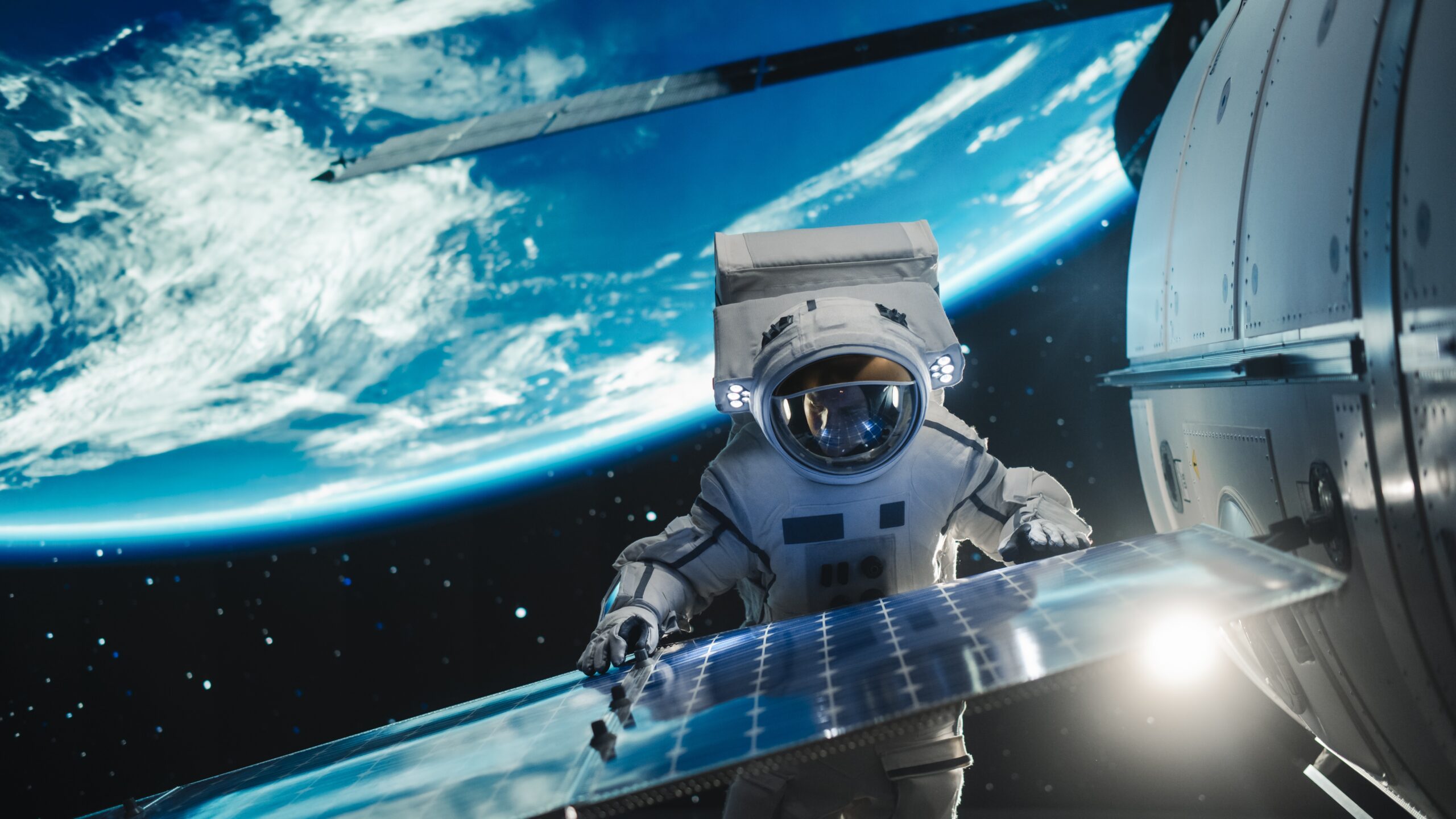Space travel is one of the most incredible achievements of the modern world, with many people dreaming of making the ultimate expedition. While space travel is an exciting prospect it does come with a long list of rules and restrictions. Due to the unique challenges of spaceflight, including zero gravity and limited space, astronauts are prohibited from taking certain items aboard spacecraft. Here are 18 items astronauts are banned from taking to space and the reasons why:
Aerosol Sprays
Aerosol sprays, such as deodorants or bug sprays, are off-limits in space due to their pressurized canisters. In a closed environment like the International Space Station (ISS), aerosols could release harmful chemicals into the air, contaminating the limited oxygen supply and potentially affecting the delicate systems aboard the spacecraft.
Bread
Surprisingly, bread isn’t allowed in space. The crumbs produced when bread is eaten can float around the spacecraft in zero gravity, potentially damaging equipment or getting into astronauts’ eyes, noses or mouths. Instead, astronauts bring tortillas, which are crumb-free and much easier to handle.
Alcohol
Alcohol is strictly banned aboard spacecraft. Drinking alcohol in space can interfere with an astronaut’s cognitive abilities, coordination, and overall health. In addition, alcohol evaporates more quickly in space, and its vapors could contaminate the air supply.
Feathered Objects
Feathers or objects with loose fibers are banned because the tiny particles could float off in zero gravity and interfere with the spacecraft’s equipment or air filters. Any object that sheds small particles is considered hazardous, not to mention that they will make a mess of the spacecraft. .
Fresh Flowers
As beautiful as fresh flowers are, they are not practical in an aircraft. Pollen and other particles found in fresh flowers that can float through the air and cause allergic reactions. Additionally, they could affect the air quality inside the spacecraft, which is tightly controlled.
Matches or Lighters
Fire can be incredibly dangerous in many situations and, in space, it can be fatal. A contained fire in zero gravity can spread unpredictably and with no way to quickly escape a spacecraft, any fire risk is taken seriously. Instead, astronauts rely on electric heat sources or specially designed equipment for anything requiring heat.
Carbonated Drinks
Carbonated drinks, like soda, are not permitted in space as in a zero-gravity environment, the gas bubbles don’t rise to the top as they do on Earth. Instead, the bubbles remain suspended in the liquid, which can lead to bloating and discomfort for astronauts.
Ice Cream
While many of us love ice cream, it’s a no-go for astronauts when they’re on a mission. Without fridges, regular ice cream would turn into a liquid mess. But, there is some hope for astronauts as they can enjoy freeze-dried ice cream, which doesn’t need refrigeration and has been a space staple since 1968.
Sharp Objects
While astronauts do need tools, sharp objects that aren’t specifically approved or necessary for the mission are prohibited. In zero gravity, an accidental cut could be catastrophic, as any injury could lead to blood floating through the air and contaminating the cabin.
Perfume or Cologne
Perfume and cologne are not allowed aboard spacecraft because the strong scents can linger in the closed environment and become overwhelming. In a small, enclosed area like the ISS, such fragrances can quickly become too intense and uncomfortable for the crew.
Greasy or Oily Foods
Foods that are particularly greasy or oily are banned because in zero gravity, the oil can separate from the food and float around the cabin. This poses a serious risk to equipment, as being difficult to clean if there’s any spills. .
Toys with Small Parts
Toys with small, detachable parts are prohibited because the pieces could break off and float away. These small objects could get stuck in ventilation systems, damage instruments or even pose choking hazards to astronauts.
Salt and Pepper
On earth, sprinkling salt and pepper is easy, but in zero gravity they would simply float away. To avoid any issues, astronauts use liquid salt and pepper, which can be applied in a controlled manner without the particles floating off into equipment or eyes.
Pets
Though some animals, like dogs and monkeys, have been sent into space as part of scientific experiments, astronauts are not allowed to bring personal pets aboard spacecraft. Spacecraft are designed with strict environmental controls, and introducing animals would present hygiene and logistical challenges, including food and waste management.
Non-Scientific Electronic Devices
Non-essential electronics like personal gaming consoles or non-mission critical gadgets are generally banned. The limited power supply on spacecraft must be preserved for mission-critical systems, and these devices could interfere with communication and navigation equipment.
Books with Paper Pages
While astronauts do have access to entertainment, such as e-books and movies, physical books with paper pages are not allowed in space. The pages can tear or create dust-like particles in the air, which could interfere with equipment or filters.
Alcohol-Based Hand Sanitizers
Hand sanitizers are essential on Earth, but those that contain alcohol are banned from space because of the potential to evaporate into the air. In the sealed environment of a spacecraft, even small amounts of alcohol vapor could pose a contamination risk.
Loose Glitter
Loose glitter can cause problems on the ground, nevermind in space. We all know how even the tiniest amount of glitter can get everywhere, so in the zero-gravity environment of space it can float around uncontrollably. Tiny glitter particles could find their way into sensitive equipment, clog air filters, or even irritate astronauts’ eyes.

